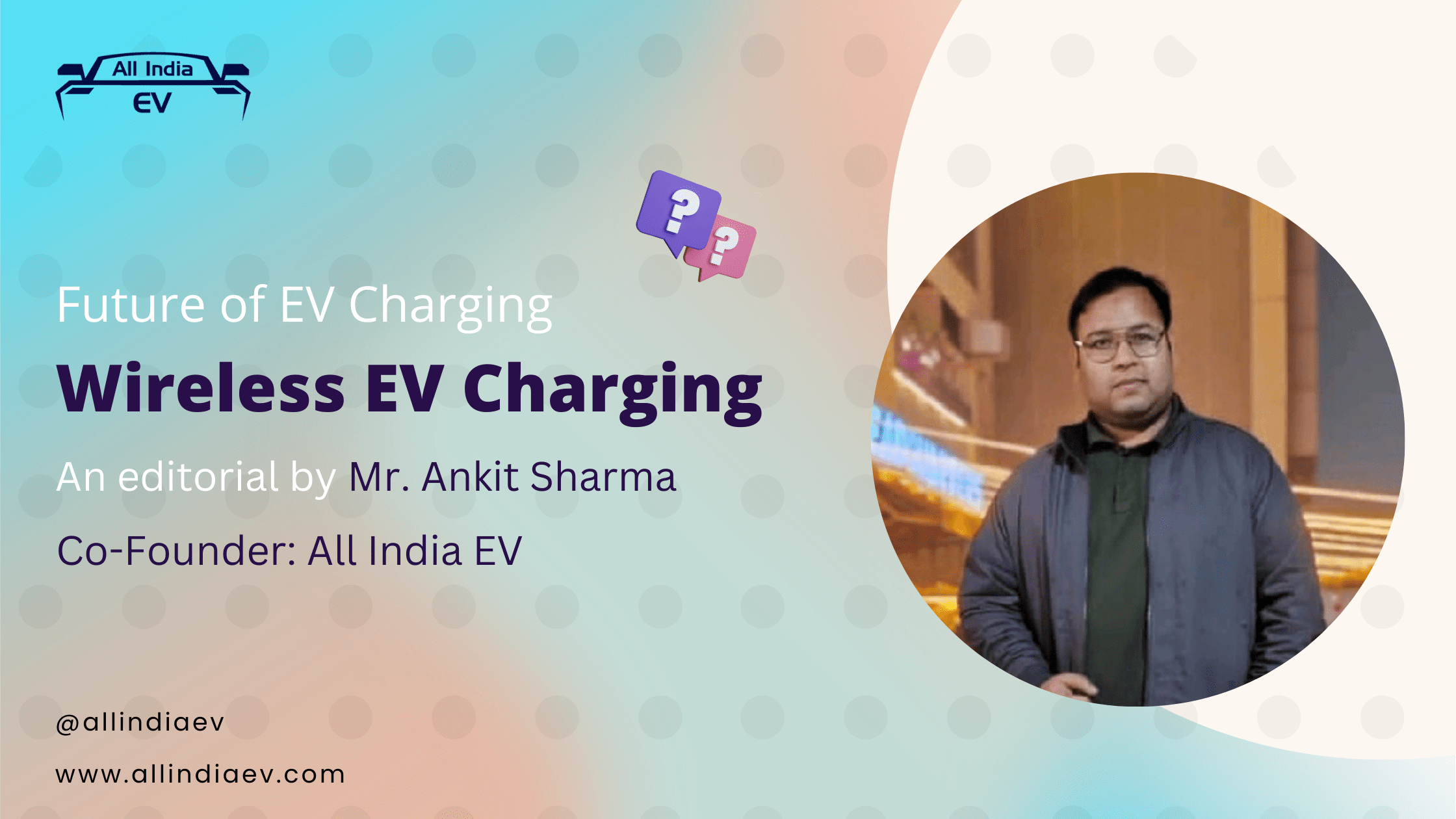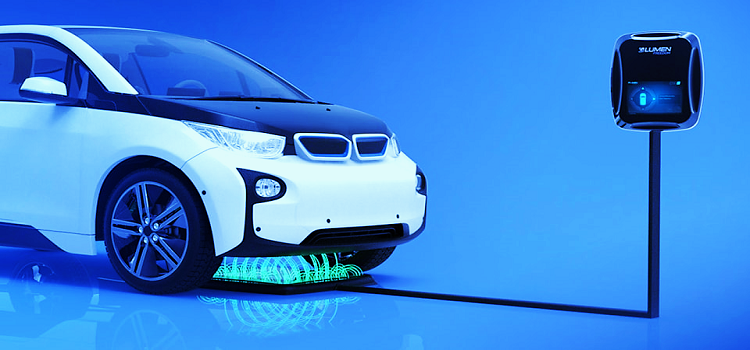
Wireless EV Charging: When Cords Become a Thing of the Past
The future of electric vehicle (EV) charging is on the brink of a revolutionary transformation that promises to make plugging in an outdated concept. Imagine pulling into a parking space, watching a light on your dashboard confirm your vehicle is charging, and then walking away, cord-free. This isn’t a distant dream but the imminent reality of wireless EV charging—a technology poised to redefine the convenience of powering up electric cars.
Wireless charging, through the magic of inductive transfer, is set to eliminate the clutter of cords and make charging as simple as parking your car. Several pioneering startups, backed by a growing interest from major companies, including Tesla Inc., are leading the charge towards this cordless future. The move towards standardized technology has seen automakers, tech companies, and municipalities explore the practical applications of wireless charging, signaling a strong momentum towards its adoption.
However, this promising technology is not without its challenges. Slow charging speeds compared to direct current (DC) fast chargers and the substantial investment required to build the necessary infrastructure are significant hurdles. Moreover, the technology’s adoption faces a paradox similar to that of public charging stations—the demand for wireless charging could encourage automakers to integrate the technology, yet consumer hesitancy towards EVs, partly due to charging concerns, remains a stumbling block.

Wireless EV charging operates on the principle of magnetic resonance. A charging pad creates a power-transmitting magnetic field, which a receiver in the vehicle captures and converts to electricity to charge the battery. This system, akin to wireless phone charging but on a larger scale, can function even with a separation of up to 10 inches between the vehicle and the pad.
Despite the slower speeds compared to DC fast chargers, the convenience of wireless charging is undeniable. Retrofitting existing EVs is possible, though it may affect the vehicle’s warranty. The cost, while initially high, is expected to decrease, making it a more viable option for both manufacturers and consumers.
For now, wireless charging is largely in the pilot phase, with several projects underway across the globe. These trials range from passenger cars in Asia to commercial vehicles in the United States, where the consistency of routes and the ability to charge overnight at designated spots make wireless charging an attractive option.
Upcoming implementations, such as WiTricity’s Halo wireless system for golf carts and light vehicles, and the use of inductive charging by transit authorities for electric buses, highlight the growing applications of this technology.
Moreover, Tesla’s exploration of wireless charging adds a significant boost to its credibility, signaling a shift in perception from a niche to a mainstream technology. Standardization efforts, like those by SAE International, are laying the groundwork for widespread adoption, ensuring compatibility and safety across a range of applications, from residential to public infrastructure.
Yet, the vision for wireless EV charging extends beyond stationary applications. The development of dynamic inductive charging, which would allow vehicles to charge while in motion, represents the next frontier. This technology, still in its early stages, has the potential to transform roads into ubiquitous charging platforms, further integrating electric vehicles into our daily lives.
The transition to wireless EV charging is more than a technological upgrade; it’s a leap towards making electric mobility more accessible, convenient, and integrated into our urban environments. As the technology matures and the infrastructure expands, the dream of a cordless charging future for electric vehicles becomes increasingly tangible, promising to redefine our relationship with electric mobility.
